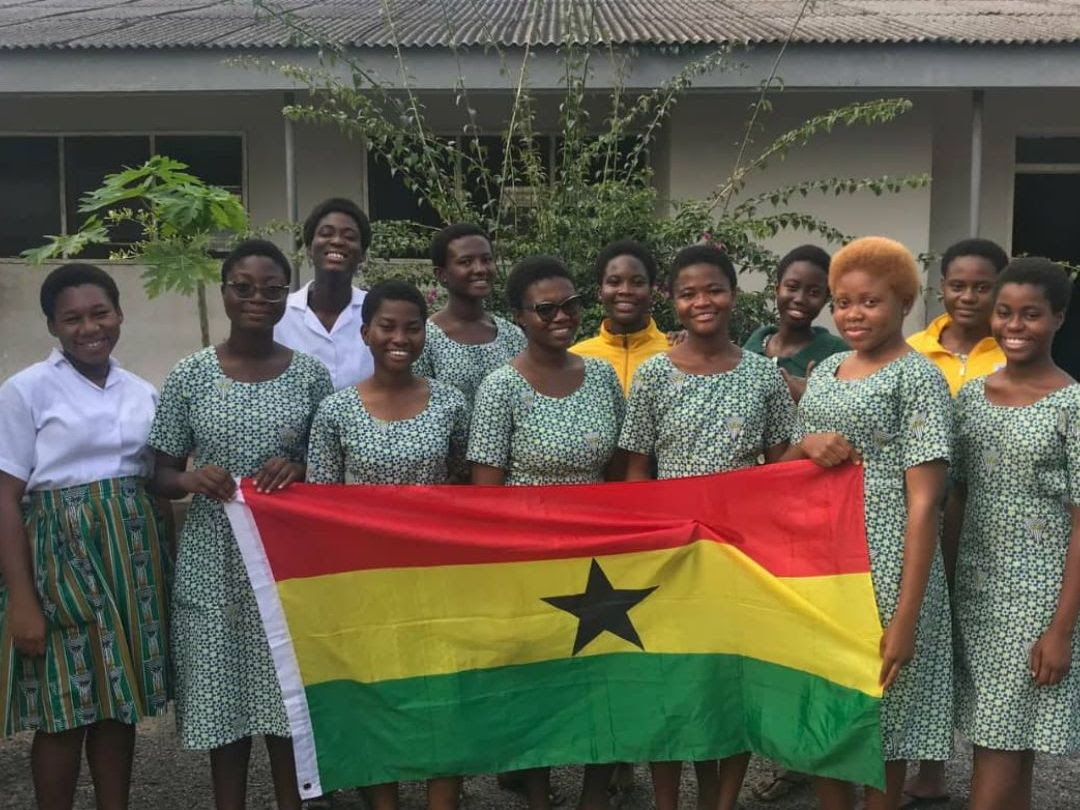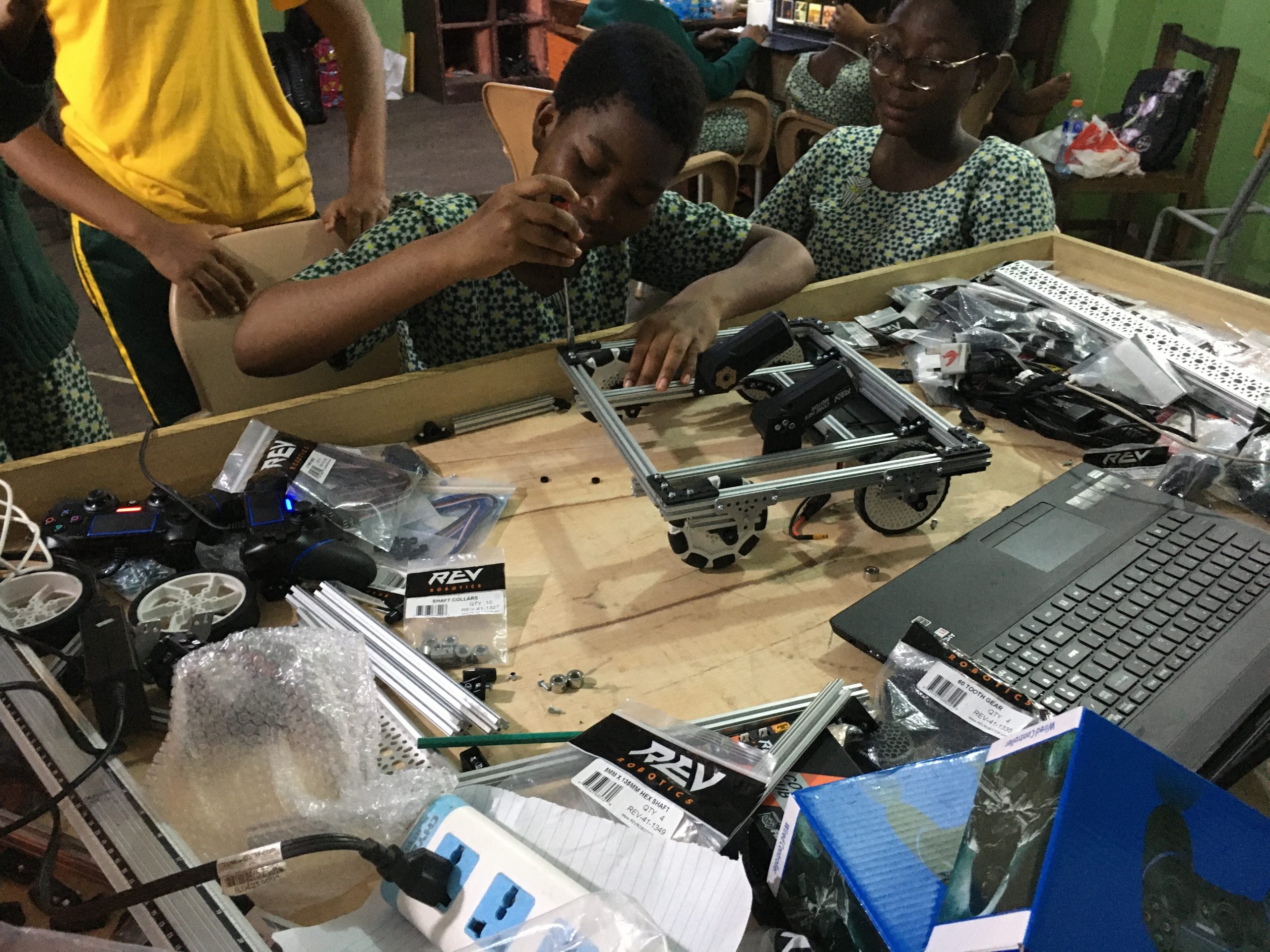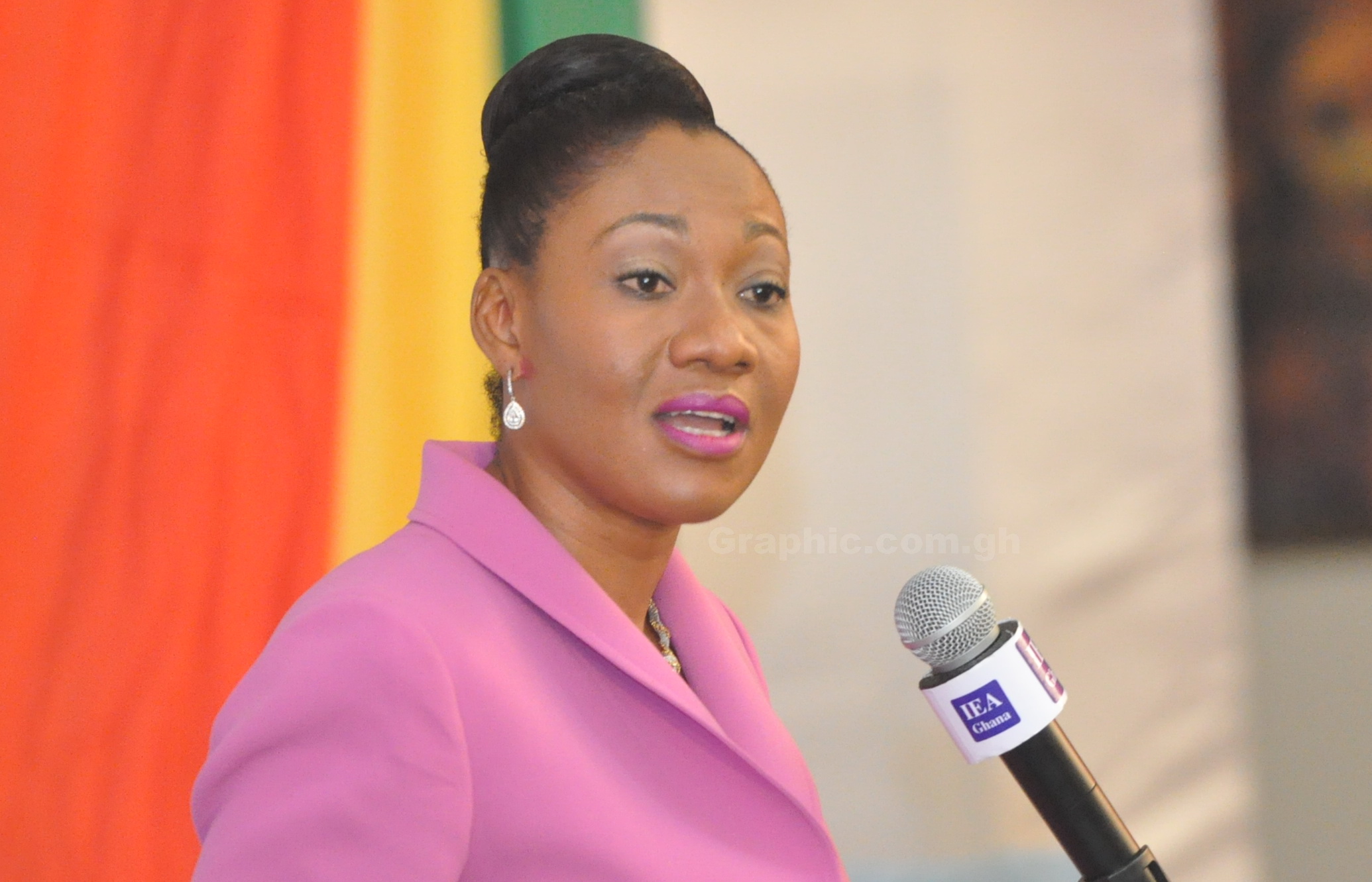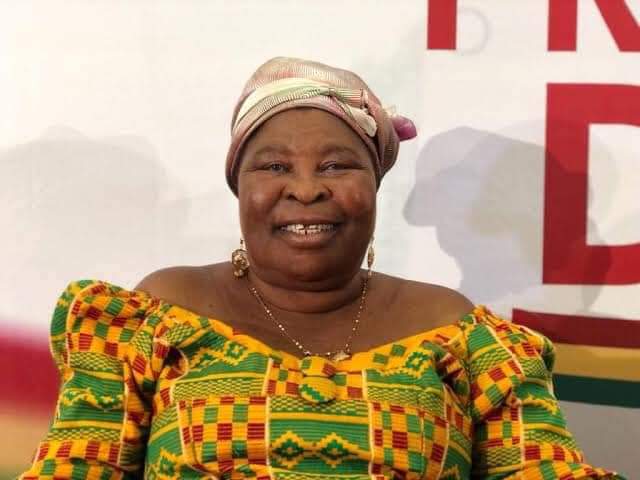Aburi Girls SHS To Represent Ghana at Global Robotics Competition

This year, twelve girls from the Aburi Girls Senior High School in the Eastern region will compete in the 2021 FIRST Global Challenge, the global Olympics-style robotics competition.
The theme for this year’s conference, “Discover & Recover,” focuses on conquering the COVID-19 pandemic by identifying opportunities for inventive restoration, with over 160 countries represented. Teenagers from all over the world are needed to produce solutions to the difficulties that the COVID-19 epidemic has posed, ranging from social projects to small satellites to robot design.
The STEMbees Organization will guide the all-girls Team Ghana, which will compete in this virtual season that begins on June 27, 2021, and ends on September 28, 2021.
A Solutions challenge, a CubeSat challenge, and a Robotics challenge are the three main components.
Teams must provide STEM (Science, Technology, Engineering, and Mathematics) solutions to local problems stemming from the pandemic in the areas of education, environment, health, and economy in the Solutions Challenge.
The idea proposed by Team Ghana is to create biodegradable nasal masks made of plantain fibers that are more comfortable and do not require the use of strings.

“At STEMbees, we encourage young women to use technology to solve problems. The issue that this group discovered is that many Ghanaians do not properly dispose of single-use nasal masks. If not properly disposed of, these disposable nose masks are constructed of polypropylene, which takes a long time to disintegrate and can transfer a wide range of viruses, including the coronavirus, into water bodies, soil, and eventually to animals and back to us humans. Many people also remark that the masks are uncomfortable to wear, leading them to wear them incorrectly or not at all,” says Angela Koranteng, a STEMbees co-founder.
Plantain trees have been discovered to be widely accessible across the country. After the fruits are plucked, the stems are frequently let to decay. These plantain tree pseudostems, on the other hand, may be recycled into fiber, minimizing waste and providing a cost-effective alternative to cotton in the production of more environmentally friendly nose masks.
“Prototyping a CubeSat is an exciting aspect of this year’s FIRST Global Challenge. “The girls are developing and building a CubeSat miniature satellite prototype, which they will launch into the lower levels of the Earth’s atmosphere on September 25, 2021, at their school,” Koranteng continues.
Climate change has made our weather unpredictable with rapidly changing seasons and Team Ghana’s mission for the satellite prototype is weather monitoring (measuring temperature and aerial photos of clouds) as well as assessing air quality within the Aburi area. Their CubeSat prototype will include a mini-camera, a digital temperature sensor and a laser particle sensor in a 3d printed cube box.
In the FIRST Global Challenge, teams will compete with teams around the world to develop their robot to design, building and programming skills for four different tasks.








